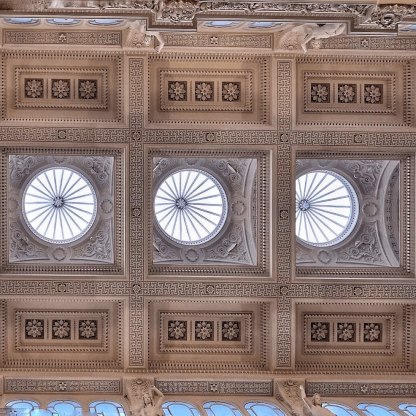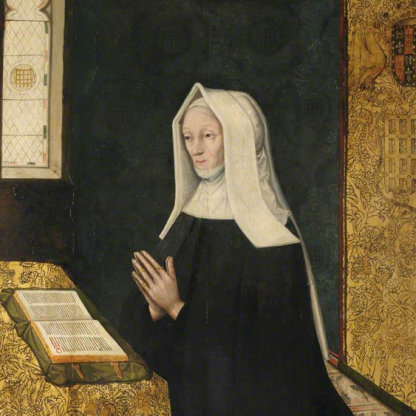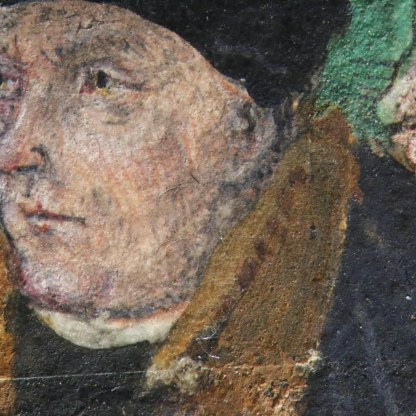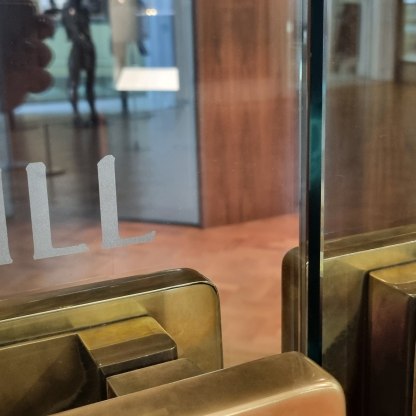The life and afterlife of the Adès collection of medieval Persian ceramics
Summary
This project seeks to bridge the gap in narratives and approaches between art history, archaeology and museological practice in the study of museum objects using the Adès collection of medieval Persian ceramics as case study. We aim to develop a non-invasive analytical protocol, and use it to identify the signatures of the workshops that made the Adès collection pieces. More broadly, this will allow us to characterise the organisation of stonepaste production in Seljuq Iran, and ultimately reconstruct the life and afterlife of the Adès pieces, highlighting the people and agency involved in their journey.
Overview
By looking at the objects’ production and exchange during and after their use-life, we are exploring how meaning was accumulated throughout their journey. Our findings will guide us in developing a new interpretation for Persian mediaeval ceramics, highlighting the people involved in their story. Our rich programme of dissemination activities, aimed at scholars and the general public, will help cement the project’s contribution to decolonising non-Western art.
Principal Investigator: Carmen Ting, Senior Teaching Associate, McDonald Institute for Archaeological Research, University of Cambridge.
Co-Investigator: Flavia Ravaioli , Research Associate and Objects Conservator, Fitzwilliam Museum.
Funders: Marlay Group funding.
Outcomes of the project
Events
- Public symposium on Medieval Ceramics from Iran (4th November 2022)
- Lustre painting and firing workshops at the Fitzwilliam Museum, led by Dr Abbas Akbari (11-17th November 2023, part of the Being Human Festival of the Humanities)
- Project conference on mediaeval Islamic ceramics at the McDonald Institute for Archaeological Research (2025)
Funders and partners
The Glassware and Ceramic Museum of Iran

Other research projects you might like
Sign up to our emails
Be the first to hear about our news, exhibitions, events and more…


